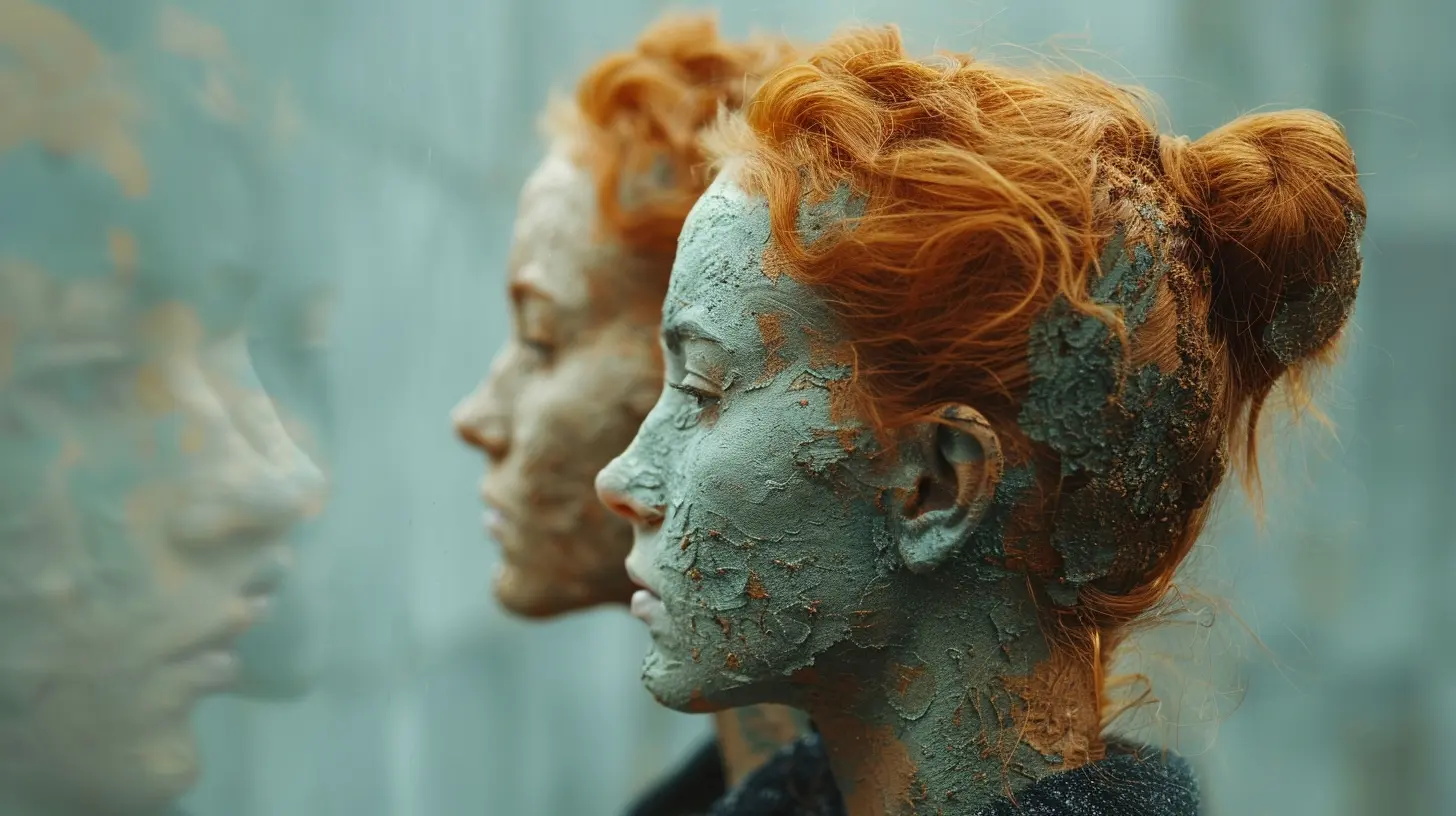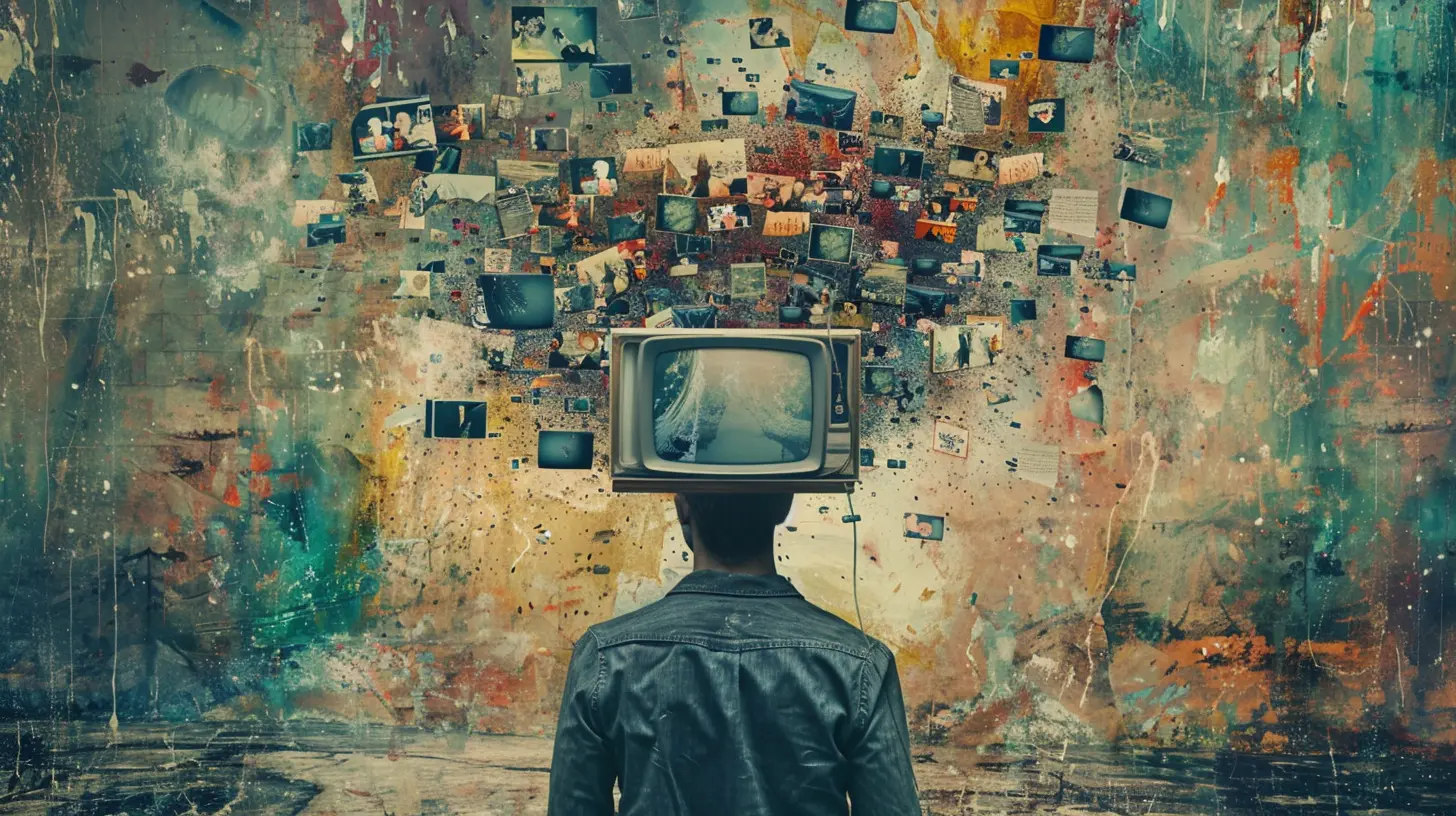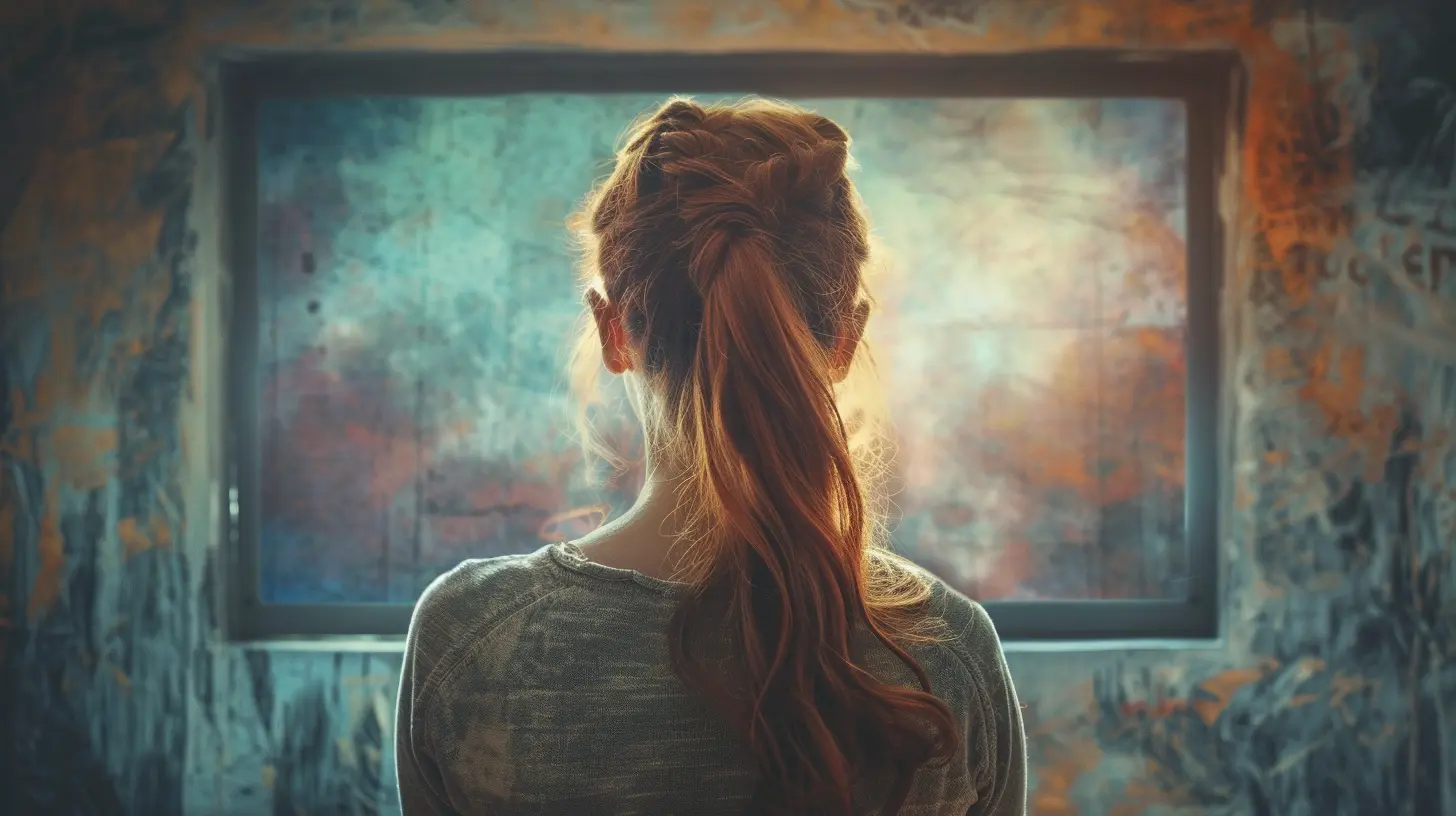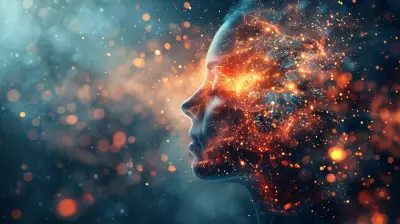The Influence of Media on Body Image and Self-Esteem
31 October 2025
Introduction
Ever found yourself scrolling through social media, only to feel worse about your appearance afterward? You’re not alone. The media—whether it's social media, TV, or magazines—has a massive impact on how we perceive ourselves. The crazy thing? Many of the images we’re exposed to are filtered, edited, or even outright fake.
But despite knowing this, why do we still feel pressured to look a certain way? And how does this constant exposure affect our self-esteem? Let’s dive into the complex relationship between media, body image, and self-worth. 
The Power of Media in Shaping Beauty Standards
From airbrushed magazine covers to perfectly curated Instagram feeds, what we see in the media heavily influences what we consider "beautiful."Think about it: Decades ago, beauty standards were defined by Hollywood stars and supermodels in magazines. Today, influencers and celebrities dominate our screens, setting unrealistic standards with every post. With filters, Photoshop, and cosmetic procedures becoming more accessible, the gap between reality and digital perfection grows wider.
But here’s the problem—when we're constantly bombarded with these idealized images, our brain starts to accept them as the norm. The result? A distorted perception of our own bodies. 
Body Image: The Silent Struggle
How Media Warps Our Perception of Beauty
We all have moments of self-doubt, but for many, these feelings are amplified by the media. Studies show that exposure to unrealistic beauty standards can lead to negative body image, especially in young adults and teenagers.Ever compared yourself to someone on Instagram and felt inadequate? That’s exactly how media feeds insecurity. When we constantly see seemingly perfect people, our own flaws feel magnified, even though those "perfect" people have flaws too—they’re just hidden behind editing tools and strategic angles.
Social Media: The Double-Edged Sword
Social media can be both empowering and harmful. On one hand, it provides a platform for body positivity and diversity. On the other, it fuels comparison culture.Platforms like Instagram and TikTok showcase influencers with seemingly flawless bodies. But what we don’t see? The effort behind those images—lighting, posing, professional photography, and sometimes even surgery.
And let’s not forget filters. With apps like FaceTune, anyone can tweak their appearance, making flawless skin and hourglass figures the norm. Over time, this can make real, unedited bodies seem "imperfect," even though they’re completely normal. 
Self-Esteem: The Invisible Damage
The Link Between Media Consumption and Self-Worth
When your social media feed bombards you with unrealistic beauty standards, it's easy to feel like you’ll never measure up. This feeling slowly chips away at self-esteem, making people question their worth based on appearance alone.Low self-esteem can manifest in various ways—avoiding social situations, negative self-talk, obsessing over flaws, and even developing mental health issues like anxiety or depression.
The Dangerous Cycle of Validation
Social media thrives on likes, comments, and follows. But the problem? It's a never-ending cycle of seeking validation.Many people post selfies or body photos hoping for positive reinforcement. When they receive likes, it feels good—like a quick dopamine hit. But when they don’t get enough engagement, they might feel rejected or unattractive. This rollercoaster of online validation can seriously mess with self-esteem, making external approval a necessity rather than a bonus. 
Gender and Media’s Influence on Body Image
The Pressure on Women
Women have long been subjected to unrealistic beauty standards. From impossibly thin supermodels in the ’90s to today’s curvy-yet-toned Instagram influencers, the "ideal body" keeps changing—yet it always remains nearly unattainable for most.Society expects women to be slim but not too slim, curvy but not overweight, youthful but not artificial. It’s an exhausting, impossible standard that leaves many feeling like they’re never enough.
The Male Body Ideal
Men aren’t exempt from media pressure. Six-pack abs, chiseled jawlines, and broad shoulders dominate fitness magazines and movies. The message? Being lean and muscular equals attractiveness.This expectation can lead to body dissatisfaction among men, pushing some to extreme dieting, excessive workouts, or even steroids. Yet, just like with women, these "ideal" male bodies are often a result of good genetics, personal trainers, and sometimes digital enhancement.
The Rise of Body Positivity and Self-Acceptance
Despite its harm, media is also helping change beauty standards. Movements like body positivity and body neutrality are challenging traditional ideals by promoting self-acceptance over perfection.Brands are starting to showcase real, unedited bodies. Influencers are sharing their "flaws." More people are embracing their natural selves instead of chasing an unrealistic ideal.
Does this mean media’s influence is gone? Not quite. But it does mean there's hope for a healthier, more inclusive perception of beauty.
How to Protect Your Self-Esteem from Media Influence
1. Be Mindful of Who You Follow
Unfollow accounts that make you feel insecure and fill your feed with content that uplifts and inspires you. There’s no rule saying you have to follow people who make you feel bad about yourself!2. Remember That Social Media ≠ Reality
Most of what you see online is curated, edited, and staged. Comparing yourself to social media influencers is like comparing yourself to a movie character—it’s just not real.3. Limit Screen Time
Spending too much time on social media can negatively impact self-esteem. Try taking breaks and engaging in real-world activities that make you feel good about yourself.4. Focus on What Your Body Can Do, Not Just How It Looks
Your body is more than its appearance. It helps you walk, dance, laugh, and experience life. Shift your mindset to appreciate what your body does for you rather than judging it by society's narrow standards.5. Surround Yourself with Positive Influences
Supportive friends and family can help you build a healthier self-image. Spend time with people who appreciate you for who you are, not just how you look.6. Seek Professional Help if Needed
If media pressure is severely affecting your mental health, therapy can be a valuable tool for rebuilding self-esteem and promoting self-acceptance.Conclusion
The media’s influence on body image and self-esteem is undeniable. However, while it perpetuates unrealistic beauty standards, it’s up to us to decide how much power we give it.By being aware, mindful, and selective about what we consume, we can protect our mental well-being and embrace self-love. At the end of the day, beauty isn’t about fitting into a mold—it’s about feeling confident in your own skin.
So, next time you catch yourself comparing your body to an influencer’s, remember: social media is a highlight reel, not real life. You are enough, exactly as you are.
all images in this post were generated using AI tools
Category:
Psychological ResearchAuthor:

Alexandra Butler
Discussion
rate this article
1 comments
Coral McCaffrey
Embrace your uniqueness! Remember, true beauty comes from within, and self-love is the key to lasting confidence.
November 1, 2025 at 5:18 AM

Alexandra Butler
Thank you for your thoughtful comment! Embracing uniqueness and practicing self-love are indeed vital in combating media influences on body image and fostering genuine self-esteem.


